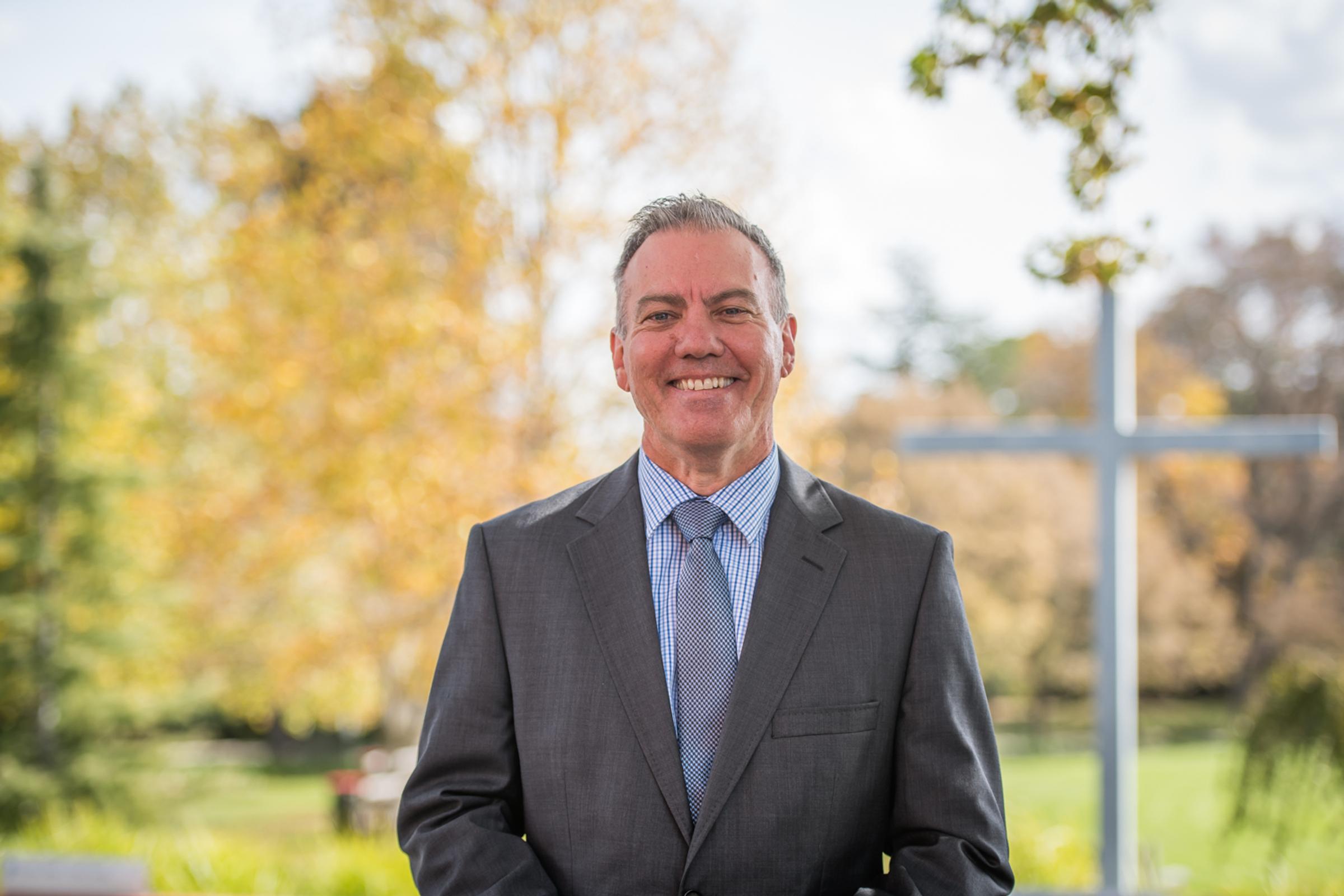Message from the Chaplain

The Uniting Church in Australia (UCA) is a Church of visible unity in diversity.
A couple of weeks ago the triennial national Assembly of the Uniting Church was conducted. About 300 members of the UCA from congregations around Australia gathered in Melbourne to discern a number of matters of importance to the Church. Of the matters tabled, the following were discussed, debated and discerned:
Same Gender Marriage
Sovereignty for First Peoples
Domestic and Family Violence
Climate Change
People with Disability
Working and Praying for Peace in Korea
Kinross Wolaroi School is a School of the Uniting Church and you are members of our School community. It is appropriate and right that you be informed of what the Church has discerned as it may illuminate something of the School’s particular Christian ethos.
Now, I have heard it said that the Uniting Church is so inclusive that it stands for everything and risks standing for nothing. That is a clever statement: accept everything, stand for nothing. However, it ignores the truth of what the Church does in fact stand for. It can be argued that the UCA is the most inclusive of Churches. That is due to the fact that the Church appropriates the Scriptures to our contemporary context.
The UCA listens to scholarly knowledge and academia as well as experience in science, scripture and theology. For example, embracing truths such as women and men being equal in intelligence (not thought to be the case in the 1950’s) and of the same spirit (not believed to be the case scripturally), the Church has included women in ordained ministry. This inclusion of women has brought condemnation from some other Christian churches because it is contrary to Biblical instruction found in Paul’s letters. The Church acknowledges this but argues that Paul was a man of his time and was constrained by the sciences and experiences of his time. We are a Church of our time and in our pursuit of being united in Christ for the good of the world, we need to discern issues with scholarly interpretation, contemporary knowledge and scientific understanding.
The process of discernment explained above (perhaps too simply), has led to the Church’s resolution on the matter of same-gender marriage. There are plenty of words in the Bible that speak against same-sex relationships. There are also scripture scholars (such as Prof Bill Loader) who have revealed that the understanding of human sexuality held by the biblical authors was premised by the belief that all people were born heterosexual by nature and, in the case of Paul’s letters, written during a Roman culture of sexual exploitation of boys and men. People of faith believed all homosexual acts to be contrary to human nature and acts that pervert God’s creation. However, human nature is not universally regarded to be like that in contemporary times and not all homosexual acts thought to be exploitative.
All that stated, below is listed resolutions on the matters discussed at the 15th Assembly of the UCA.
Same-Gender Marriage
The Assembly resolved that Uniting Church ministers and authorised celebrants have the freedom to conduct or to refuse to conduct same-gender marriages. There are now two equal and distinct statements of belief on marriage to honour the diversity of Christian belief among its members.
The Church retains the existing statement of belief that “Marriage for Christians is the freely given consent and commitment in public and before God of a man and a woman to live together for life.” It has also adopted a new definition alongside this that “Marriage for Christians is the freely given consent and commitment in public and before God of two people to live together for life.”
The Church reinforced the rights of ministers and congregations who remain committed to the traditional understanding of marriage as exclusively between a man and a woman. The Church holds no fear that this will put us out of step with most Christian churches in order to be Church that serves as an instrument through which Christ may work and bear witness to himself to all people and the whole of creation.
Sovereignty for First Peoples
The Uniting Aboriginal and Islander Christian Congress (UAICC) – an independent, indigenous member-group of the UCA – defined sovereignty as “way in which First Peoples understand themselves to be the traditional owners and custodians of the land” and is understood to be “a spiritual notion, reflecting the ancestral tie between the land and the First Peoples.”
Members of the broader Uniting Church will also be asked to observe a Day of Mourning on the Sunday prior to the 26th of January every year, with reflection on the profound effect of invasion and colonisation on First Peoples during worship services on that day.
Domestic and Family Violence Statement
The Assembly Standing Committee was asked to create resources for distribution to the wider church to assist the Church’s continued addressing of the issue.
Climate Change
Uniting Church members and agencies, including its schools, will all be encouraged to:
- inform themselves and their communities about climate change
- advocate for government policies and political action
- listen to and learn from the voices of vulnerable people across the world who are experiencing the impact
- consider ways to reduce their own contribution to the problem
- tell stories of best practice in remote, rural and urban areas
People with Disability
The Uniting Church will continue to advocate for justice and equality for people with disability
Working and Praying for Peace in Korea
The Uniting Church recognises and listens to its Korean congregations and the Church will continue to support moves towards a peace treaty within the Korean peninsula by prayer, and through partnership with Korean churches and the World Council of Churches. It will engage with the Australian government and the Leader of the Opposition.
Phil Worrad
Chaplain

